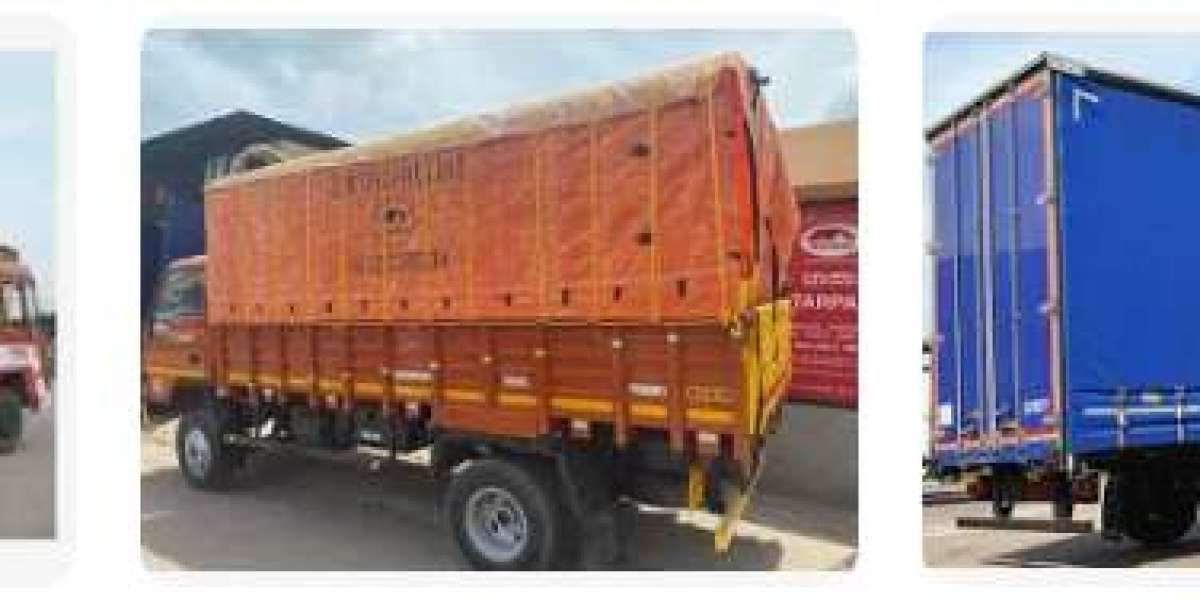The global Sustainable Aviation Fuel Procurement Market is witnessing unprecedented growth as airlines and aviation companies intensify efforts to reduce carbon emissions and meet stringent environmental standards. The increasing emphasis on decarbonization in aviation and rising fuel costs are driving stakeholders toward sustainable alternatives, positioning the market for substantial expansion over the coming years.
Sustainable aviation fuel (SAF) is derived from renewable resources such as biofuels, waste oils, and agricultural residues. These fuels offer significant reductions in lifecycle greenhouse gas emissions compared to conventional jet fuel. Airlines, governments, and fuel producers are increasingly prioritizing SAF procurement to comply with international agreements such as the Carbon Offsetting and Reduction Scheme for International Aviation (CORSIA).
The adoption of SAF is further accelerated by corporate sustainability initiatives, where leading airlines pledge net-zero carbon emissions by 2050. As aviation demand rebounds post-pandemic, the procurement of sustainable fuels has become a critical factor in reducing environmental impact while maintaining operational efficiency and cost-effectiveness.
Request a Sample Report: https://researchintelo.com/request-sample/93375
Market Drivers
Several key factors are propelling the Sustainable Aviation Fuel Procurement Market forward:
Regulatory Support: Governments worldwide are implementing policies to incentivize SAF production and usage, including tax credits, grants, and mandatory blending requirements.
Environmental Awareness: Growing consumer and corporate focus on sustainability drives airlines to adopt greener fuel options.
Technological Advancements: Innovations in biofuel production and refining methods are improving SAF yield and cost-efficiency.
Strategic Partnerships: Collaborations between fuel producers and airlines enhance procurement strategies and supply chain stability.
Market Restraints
Despite robust growth, certain challenges may slow adoption:
High Production Costs: SAF remains costlier than conventional jet fuel due to limited large-scale production capacity.
Infrastructure Limitations: Airport and refueling infrastructure require upgrades to handle increased SAF demand.
Feedstock Availability: Limited availability of sustainable raw materials can constrain production capacity in the short term.
Opportunities
Emerging trends present significant growth opportunities:
Expansion in Emerging Markets: Developing countries are increasingly investing in sustainable aviation initiatives.
Carbon Credit Trading: Airlines can leverage carbon offset programs to finance SAF procurement.
Technological Collaboration: Joint ventures and research partnerships are facilitating cost reduction and process optimization.
View Full Report: https://researchintelo.com/report/sustainable-aviation-fuel-procurement-market
Market Dynamics and Global Insights
The Sustainable Aviation Fuel Procurement Market is characterized by dynamic changes influenced by technological, regulatory, and economic factors. Globally, the market size was valued at approximately USD 3.5 billion in 2024 and is expected to grow at a CAGR of over 15% from 2025 to 2035. North America dominates due to early adoption of SAF policies and strong aviation infrastructure, while Europe follows closely with proactive regulatory frameworks supporting low-carbon fuels.
Asia-Pacific is emerging as a high-growth region, driven by rapid expansion of airline fleets, government incentives, and investments in biofuel production. Meanwhile, Latin America and the Middle East are investing in SAF to align with global emission reduction goals and enhance aviation sustainability credentials.
Key procurement strategies include long-term fuel supply agreements, strategic sourcing partnerships, and investment in biofuel production facilities. These approaches help airlines stabilize costs and ensure sustainable supply chains amid fluctuating conventional fuel prices.
Industry Trends
Integration of SAF Blending: Airlines are adopting blended fuels to gradually transition from conventional jet fuel to 100% sustainable alternatives.
Investment in Advanced Biofuels: Development of next-generation SAF using algae, lignocellulosic feedstock, and other innovative sources is gaining momentum.
Digital Procurement Platforms: Technology-enabled platforms optimize sourcing, reduce costs, and improve visibility across SAF supply chains.
Corporate Sustainability Initiatives: Airlines integrate SAF procurement into broader ESG frameworks to enhance brand value and investor confidence.
Enquire Before Buying: https://researchintelo.com/request-for-customization/93375
Regional Analysis
North America: Dominates the market due to early SAF adoption, supportive policies, and robust airline infrastructure. The U.S. SAF production capacity is projected to reach 6 billion gallons annually by 2030.
Europe: Progressive regulations, such as the EU Renewable Energy Directive (RED II), drive market growth. Key nations like the UK, France, and Germany lead SAF adoption.
Asia-Pacific: Rapid airline fleet expansion and governmental sustainability initiatives provide high growth potential. Countries like China, Japan, and India are investing in biofuel R&D and procurement programs.
Rest of the World: Middle East and Latin America increasingly explore SAF to meet carbon neutrality goals and participate in international carbon credit schemes.
Competitive Landscape and Procurement Strategies
While the market is still evolving, competition revolves around securing long-term supply contracts, increasing production efficiency, and forming strategic partnerships. Airlines are increasingly negotiating SAF procurement agreements directly with producers to ensure supply reliability and cost predictability. Collaborative initiatives among governments, biofuel manufacturers, and airline operators are crucial for scaling production and adoption.
Future Outlook
The Sustainable Aviation Fuel Procurement Market is expected to experience sustained growth as airlines, governments, and investors prioritize decarbonization. Advancements in feedstock processing, policy incentives, and technological innovations will continue to reduce costs and enhance the feasibility of large-scale SAF adoption.
By 2030, global SAF consumption is projected to reach 15 billion gallons, driven by international carbon reduction commitments.
The market’s expansion offers opportunities for stakeholders to diversify fuel supply chains and enhance environmental credentials.
Integration of digital procurement systems will streamline SAF sourcing, improve transparency, and mitigate supply chain risks.
Check Out the Report: https://researchintelo.com/checkout/93375
Conclusion
The Sustainable Aviation Fuel Procurement Market represents a critical component of the aviation industry’s transition toward sustainable operations. Robust regulatory support, technological advancements, and corporate sustainability initiatives collectively drive adoption. While high production costs and feedstock limitations present challenges, the overall market trajectory is strongly positive.
As airlines continue to prioritize environmental responsibility, SAF procurement will remain central to strategic planning, operational efficiency, and long-term growth. Stakeholders investing in this market can expect substantial returns while contributing to a greener and more sustainable aviation ecosystem.








